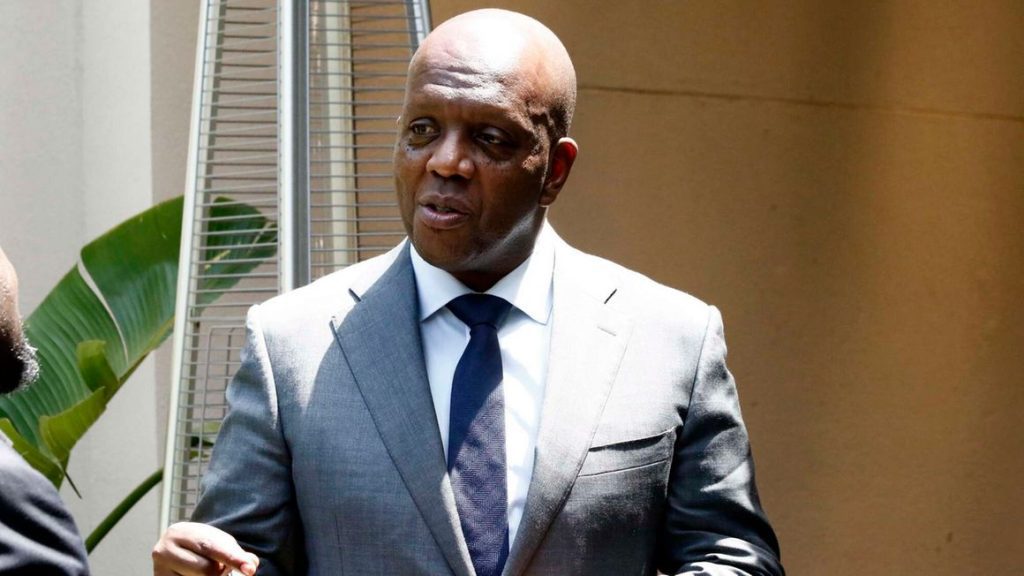A former Kenyan permanent representative to the UN has expressed his disapproval of a recent statement from the US government regarding governance issues, even though the Kenyan administration largely concurs with its sentiments.
The focus of the discussion pertains to the ongoing vetting process for nominated Cabinet secretaries, particularly those alleged to have integrity concerns. The US Embassy issued a statement urging Kenyan MPs to reject nominees with compromised integrity, following protests that led President William Ruto to dismiss his entire Cabinet.
“As Kenyans prepare for the vetting of Cabinet nominees starting today, we acknowledge the importance of integrity in public service and the National Assembly’s crucial role in enforcing Chapter Six of Kenya’s Constitution,” the Embassy stated on August 1, without naming specific individuals.
However, Martin Kimani, who served as Kenya’s permanent representative to the UN until April, viewed the US comments as unwelcome lecturing. He suggested that this criticism distracts from America’s own shortcomings on the global stage, citing issues like the ongoing conflict in Gaza where a ceasefire remains elusive.
“Since my former colleagues at the Ministry of Foreign Affairs are bound by diplomatic norms, I’ll address this unwarranted lecture from a US grappling with political violence and declining trust in its electoral systems,” Dr. Kimani, now at a think tank in New York, wrote on X. “Less lecturing, more focus on renewing US democracy, and achieving a ceasefire in Gaza.”
On the following day, the Kenyan government opted not to publicly rebut the US Embassy’s remarks, despite agreeing on the importance of prioritizing integrity. Dr. Korir Sing’oei, Kenya’s Principal Secretary for Foreign Affairs, stated, “The statement reflects a view shared by many Kenyans and aligns with our Constitution. We have no serious issue with it.”
The decision to dissolve the Cabinet was largely influenced by pressure from youth protesters, who initially demanded the withdrawal of a controversial finance bill. The US government had initially refrained from commenting on the protests but later warned Nairobi against using excessive force and emphasized the need to respect civil liberties.
The new Cabinet nominees include some opposition figures, as well as individuals facing legal challenges over alleged misappropriation of funds.
Critics pointed out that the US found itself in a delicate position as protests erupted in June, suggesting it had overlooked the controversial tax laws being proposed by Nairobi.
While Washington has designated Kenya as a major non-NATO ally—granting it potential access to certain military technology—the relationship remains complex. Western diplomats are attempting to advocate for civil liberties while also nurturing ties with Ruto’s administration. Ruto made headlines in May by being the first African leader to undertake a state visit to the US since 2008.























